Nunc™ plates for cell-based assays
Thermo Scientific Nunc polystyrene cell culture plates, with more than 100 combinations of surface and format, help you to get healthy cells and reliable results for your research.
Let us guide your selection by starting with the modified cell culture surfaces to suit the needs of your specific cell type, from low attachment non-treated surfaces to treated/coated surfaces for high cell adherence. Find your cell culture plate by selecting the right surface, well-bottom shape and color.
Product selection
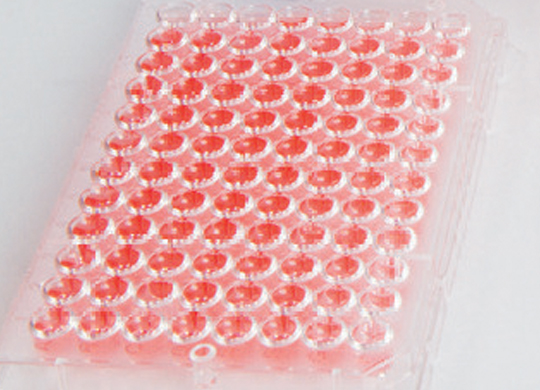
Low attachment surface for Spheroid culture. Nunclon Sphera for spheroid-organoid culture
Enables formation of reproducible spheroid cultures. Cells grow and aggregate with virtually no cell attachment to the culture vessel. For spheroid culture, organoid culture, and 3D culture.
Product information
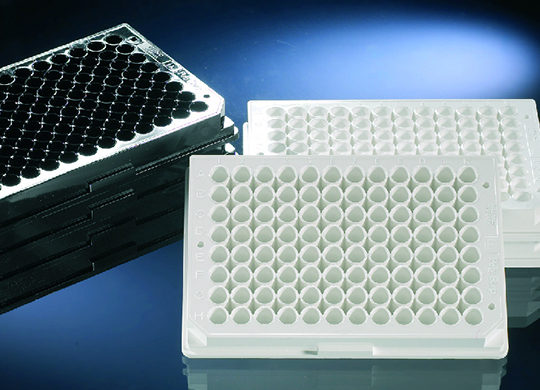
Non-treated surface for suspension cultures or general assays
High quality, optical clear virgin polystyrene with hydrofobic surface, ideal for suspension cell culture, also useful for a variety of biochemical binding assays.
Product information
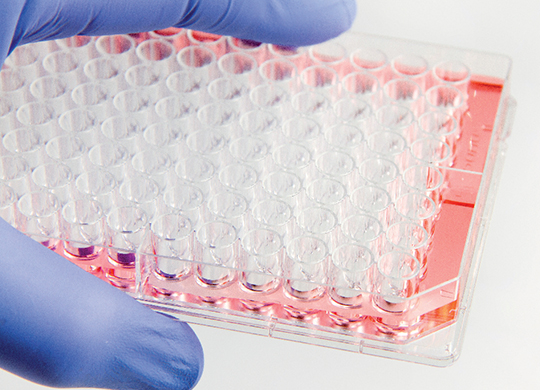
Cell culture treated surface Nunclon Delta for adherent cells
A standard tissue culture (TC) surface modification that makes the polyestyrene surface more hydrofilic, thus facilitaiting maximum adhesion for a broad range of cell types.
Product information
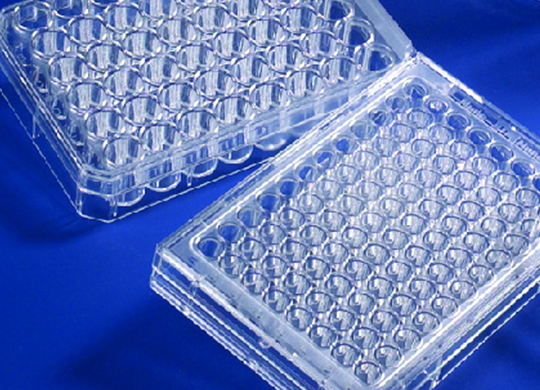
Temperature responsive surface. Nunclon Upcell for adherent culture plus trypsin-free cell harvesting
Enables harvesting of cells in single cell suspension or as contiguous cell sheet by temperature reduction and can create 3D tissue models without foreign-to-the-body scaffold material.
Product information
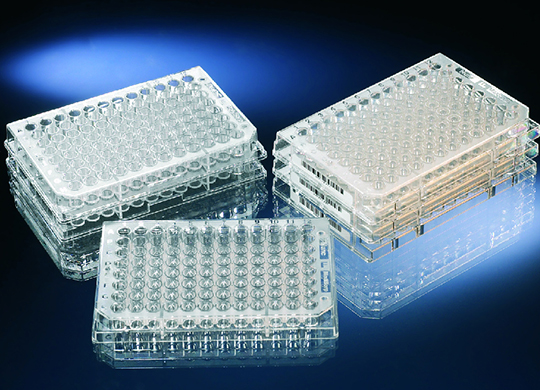
Standard coatings. Poly D Lysine, Colagen I for primary and finicky cells
ECM-coated surface mimicking the growth environment inside the body, ideal for cells that have difficulties growing on the regular tissue culture surface. Collagen I is of animal origin, whereas PDL is fully siynthetic.



